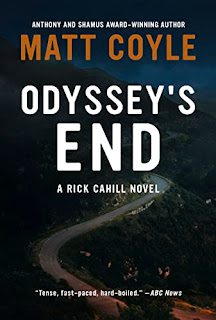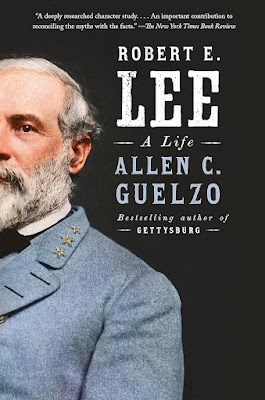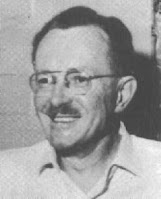As it turns out, I made some real progress on my planned reading last week, finishing four of the six books (Odyssey's End, Playing Games, Crow Mary, and They May Not Mean to, But They Do) that I started the week reading, abandoning one (Time Is a Killer), and making steady progress on the other (Demon Copperhead). Somewhere along the way, I also unexpectedly started reading Lucy by the Sea by Elizabeth Strout, The Banned Bookshop of Maggie Banks by Shauna Robinson, Somebody's Fool by Richard Russo, Where I'm From by Rick Bragg, and All the Sinners Bleed by S. A. Cosby. Three of the mid-week adds are library holds that became available quicker than anticipated and one (The Banned Bookshop of Maggie Banks) that just happened to catch my eye on a library shelf.
So this new reading week starts this way:
I am happy to report that I am fully immersed in the life of young Demon Copperhead and that by reading 50-60 pages a day in this remarkable coming-of-age novel, I should finish it on time for the next person waiting on it. I've read just over 400 pages now, and I'm really enjoying the vast cast of weirdos and social misfits who make up Demon's immediate world as they come and go. Finding the humanity in each of them is sometimes a challenge, but there's always a payoff with each new character. The opioid crisis portion of the book, however, is becoming a bit of a drag now.Elizabeth Strout is another of my favorites, and I'm enjoying my reunion with Lucy, William, and their daughters despite the rough time they are all having in Lucy by the Sea as Strout portrays all of the anxieties, grief, and disorientation that so many of us experienced in 2020 as we all listened to the experts lie to us 24-7 about the scary new virus that threatened to kill us all in our sleep. I have no idea what Strout was going for here as regards reader reaction, but my own has been a strange blending of sadness and anger...probably not what she was shooting for.



















.jpg)



















